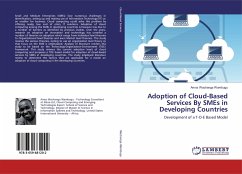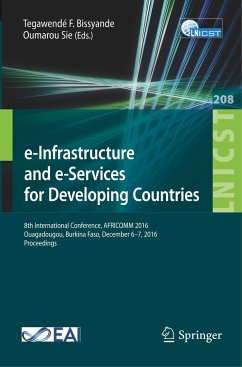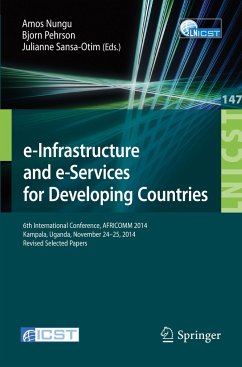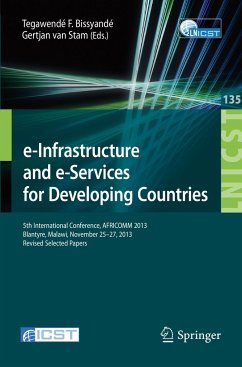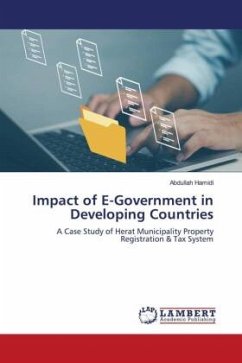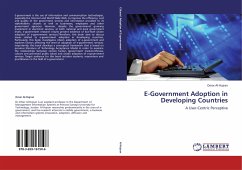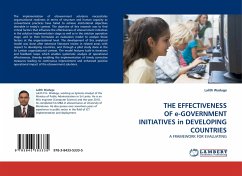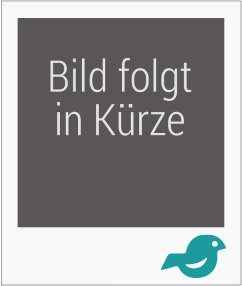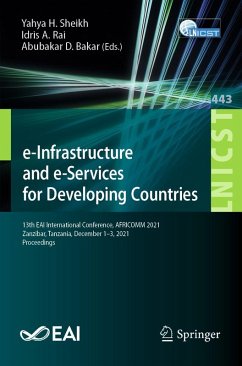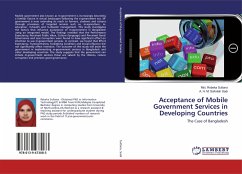
Acceptance of Mobile Government Services in Developing Countries
The Case of Bangladesh
Versandkostenfrei!
Versandfertig in 6-10 Tagen
41,99 €
inkl. MwSt.

PAYBACK Punkte
21 °P sammeln!
Mobile government also known as m-government is increasingly becoming a familiar fixture in virtual landscapes following the e-government era. M-government is now extending its reach to farmers, students and citizens through provisions of targeted services such as, m-agriculture, m-education, m-health and m-disaster management. This study investigates the factors that influence acceptance of m-government in Bangladesh using an integrated model. The findings revealed that the Performance Expectancy, Perceived Public Value, Culture (language) and Perceived Good Governance and Less Corruption wer...
Mobile government also known as m-government is increasingly becoming a familiar fixture in virtual landscapes following the e-government era. M-government is now extending its reach to farmers, students and citizens through provisions of targeted services such as, m-agriculture, m-education, m-health and m-disaster management. This study investigates the factors that influence acceptance of m-government in Bangladesh using an integrated model. The findings revealed that the Performance Expectancy, Perceived Public Value, Culture (language) and Perceived Good Governance and Less Corruption were found to have significant effect on intention to use m-government services. In contrast, we found that Effort Expectancy, Trustworthiness, Facilitating Condition and Social Influence did not significantly affect intention. The outcome of this study will assist the government in implementing m-government services in Bangladesh and other developing countries. The study suggests that the government can initiate m-government services those are valued by the citizens, reduce corruption and promote good governance.



